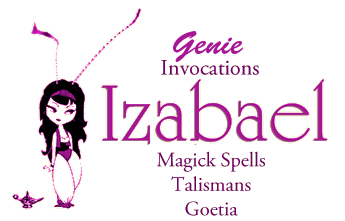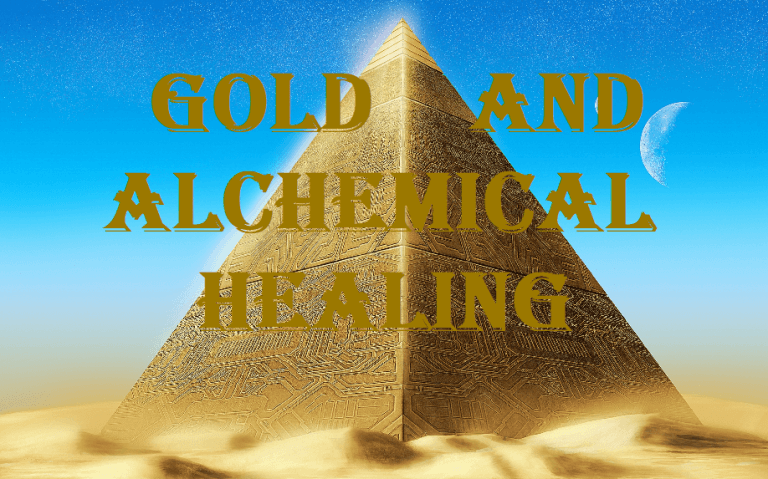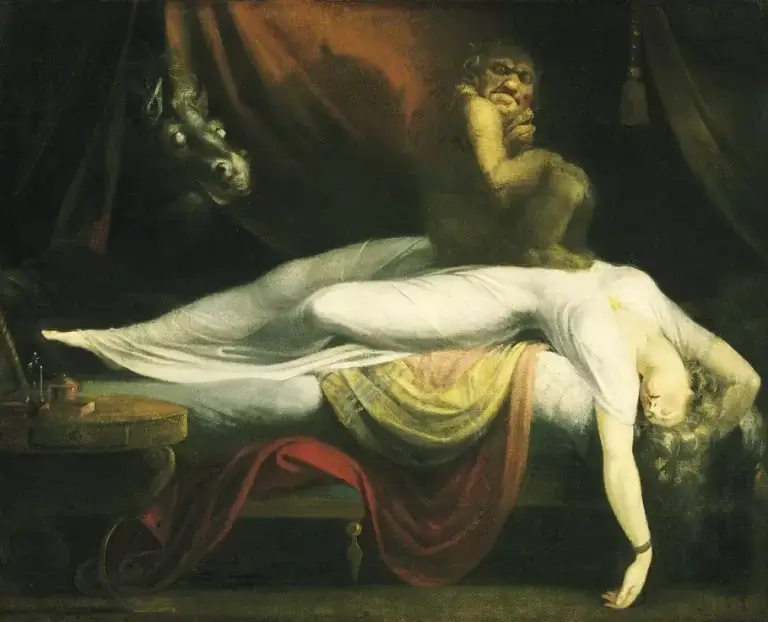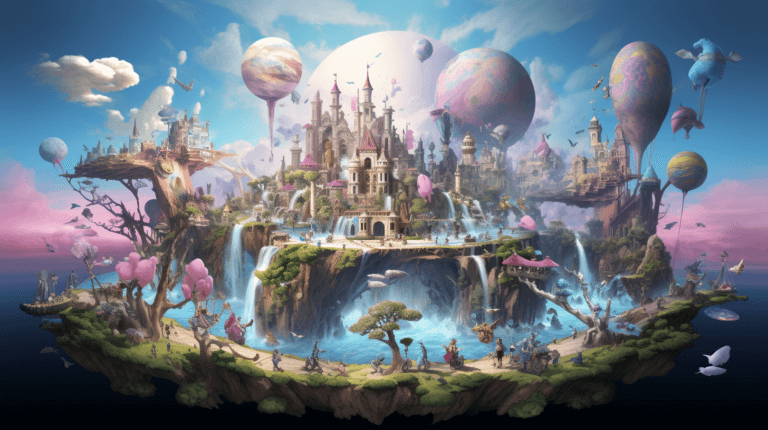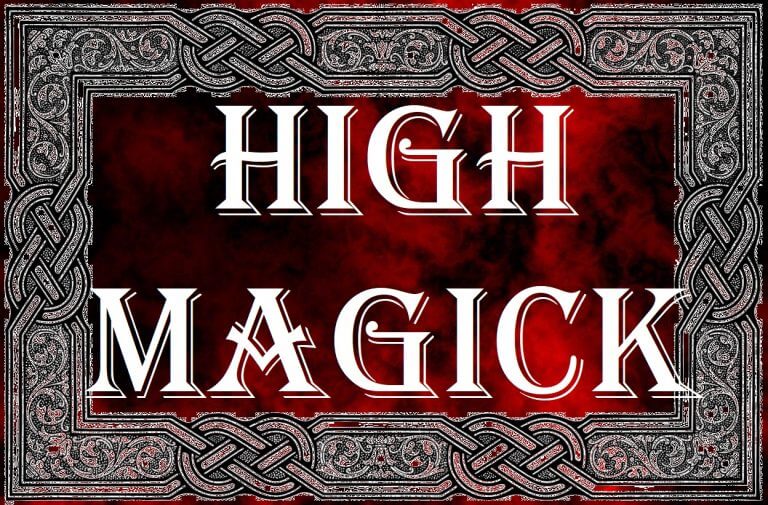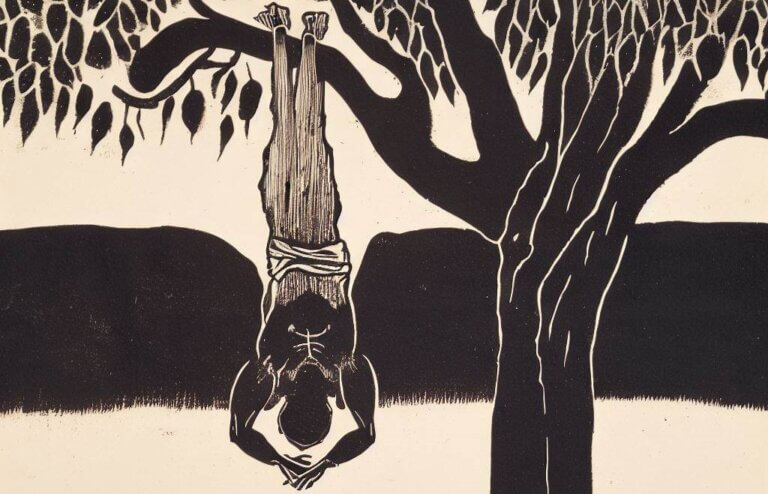ALCHEMY AND MAGIC
Essentially, Alchemy has its origin in ancient China, India and ancient Egypt. Possibly, Egyptians gained knowledge of alchemical methods in mummifying bodies. To tell the truth, the term alchemy (and chemistry as well for that matter) could be drawn from the Egyptian term or word Khem, which meant the yearly flooding of the Nile.
The time between the 19th and late 17th centuries turned out as the golden era of alchemy in Europe. Sadly, the tradition of alchemy was all about the flawed perception of chemistry, established in the Aristotelian principle of the natural world. Aristotle asserted that actually, everything in the natural world was composed of the four components. These are the earth, , fire, air and the water- in addition to salt, sulfur and mercury. Regrettably, for the alchemists, base metals such as lead were not made up of these components; therefore, the practitioner could not simply make improvements to proportions and alter the chemical aggregates to create gold.
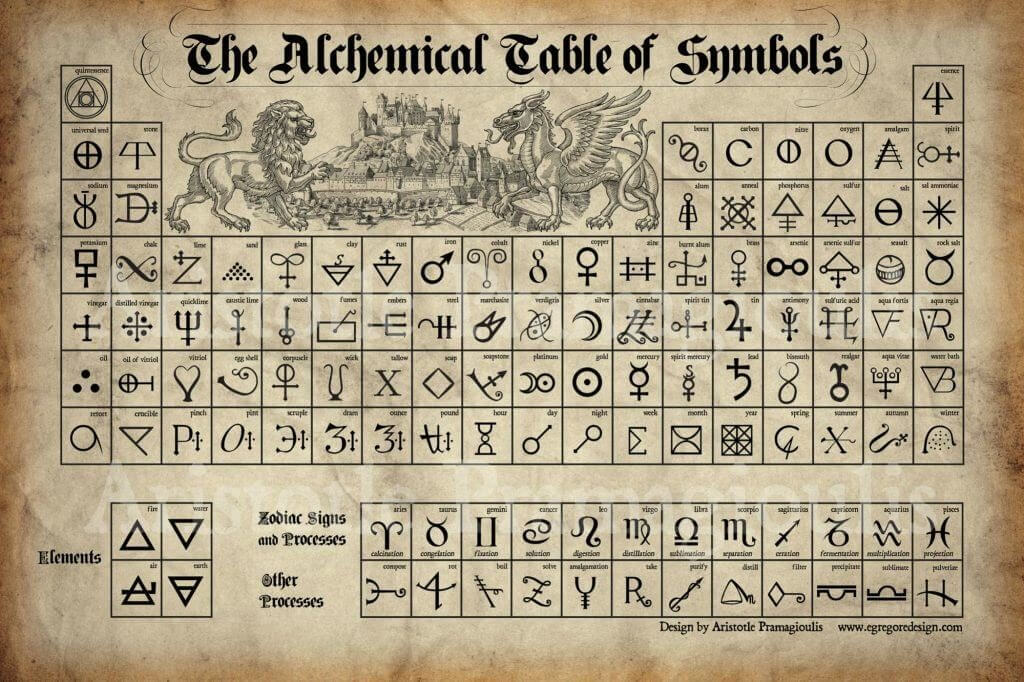 Even with that, people did not give up on giving it the old try. Some practitioners literally spent their whole lifetimes attempting to unlock the mysteries of alchemy, and in precise, the story of the philosopher’s stone turned out a riddle that quite a number of them tried to solve.
Even with that, people did not give up on giving it the old try. Some practitioners literally spent their whole lifetimes attempting to unlock the mysteries of alchemy, and in precise, the story of the philosopher’s stone turned out a riddle that quite a number of them tried to solve.
As per legend, the stone (philosopher’s stone) was the golden age’s “magic bullet” of alchemy, and a mystical component that could turn mercury or lead into gold. Once identified, it was thought, it could be applied to bring about some essential things like long life and maybe even eternity. People like Heinrich Cornelius Agrippa, John Dee and Nicolas Flamel spent many years for the philosopher’s stone without success.
So are Alchemy and Magic related?
Surely, the answer to that can be yes or no.
Looking at some original books on alchemy such as “The secrets of alchemy”, a book that was written by Lawrence Principe, you will discover that he puts it straight that “Each of them recognized that its action was truly natural, that is, working by natural laws solely.”
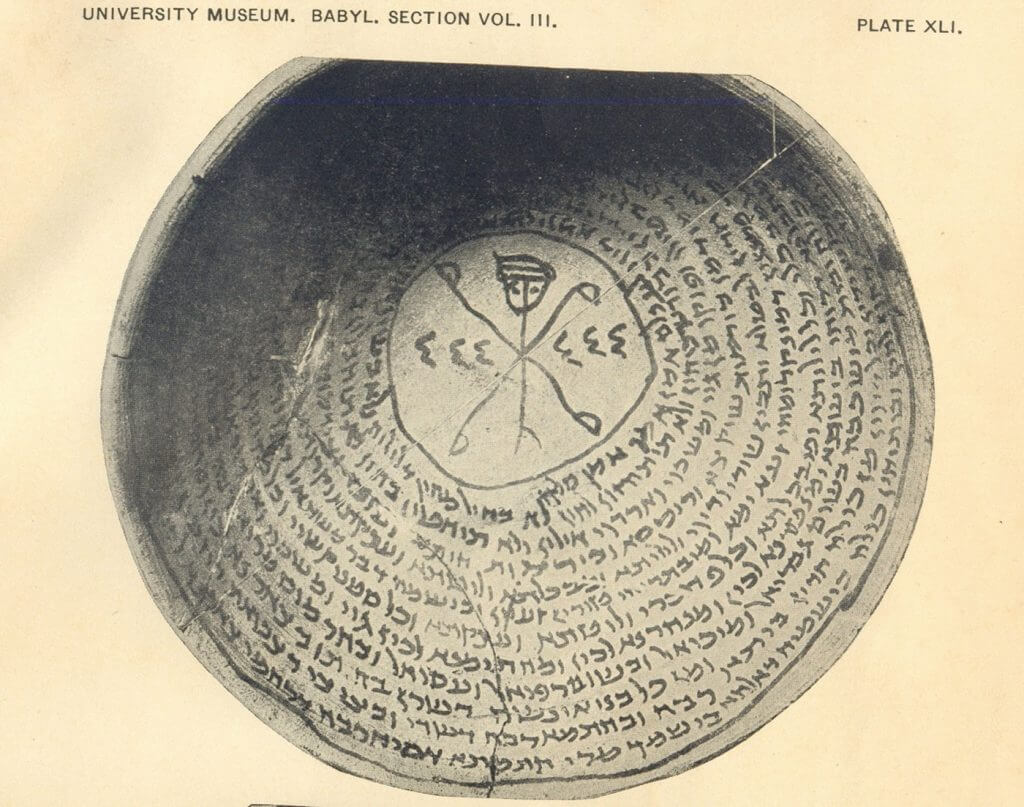 In this regard, he is probably referring to the 16 to 17th centuries, still, he proceeds, “Although some critics sought to define chrysopoeia (i.e. gold-making) as running in a non-natural way that included demonic agency and deception – and was, consequently, something to be shunned – practically all its advocates emphasized on totally natural explanations.”
In this regard, he is probably referring to the 16 to 17th centuries, still, he proceeds, “Although some critics sought to define chrysopoeia (i.e. gold-making) as running in a non-natural way that included demonic agency and deception – and was, consequently, something to be shunned – practically all its advocates emphasized on totally natural explanations.”
Further, Principe also remarks that quite a number of 18th-century authors’ classified alchemy with necromancy, witchcraft, astrology etc under the topic of “occult sciences” and that “it is related to magic”. Today, this idea has continued, however, as anyone who does some reading will discover, sells alchemy hardly short, and Principe proceeds, “Alchemy was not magic nor a black art.”
In the book “Promethean Ambitions”, William R. Newman (the author) figures that natural magic, as well as alchemy in the Arabic time overlapped yet, were different. He then continues to address the “Book of the Cow”. This is a book of Arabic magic which is very pleasing for many sickening methods in order to acquire the outcome that you desire.
So, from this so far, the reader understands that the term “magic” had a pretty extensive and changeable meaning in the ancient period and that to mass alchemy; astrology etc under “magic” is a serious simplification. In fact, Heck, even remarked Jonathan Hughes (anti-historian who has had two error-riddled books written on alchemy in medieval England) recognizes and even puts alchemy into “occult” instead of magic.
The most difficult thing about this is working out and explaining why referring alchemy as magic is not actually correct. Nevertheless, as from basic sources, a glance into some translations and copies of later ancient alchemical products that are available, like the Aurora Consurgens or Russell’s of the Summa Perfectionism, meets no mention of magic in relation to alchemy at all. Unquestionably I do not remember reading any old alchemical work that alleges that alchemy is really any form of magic.
Well, this may seem a bit confusing but to ancient alchemists, the earth was surely a place of magic, of beings and aspects they could not explain. Maybe our modern world of science and technology could like to have a touch of magic, of the strange, of the alchemist’s search for awareness.

